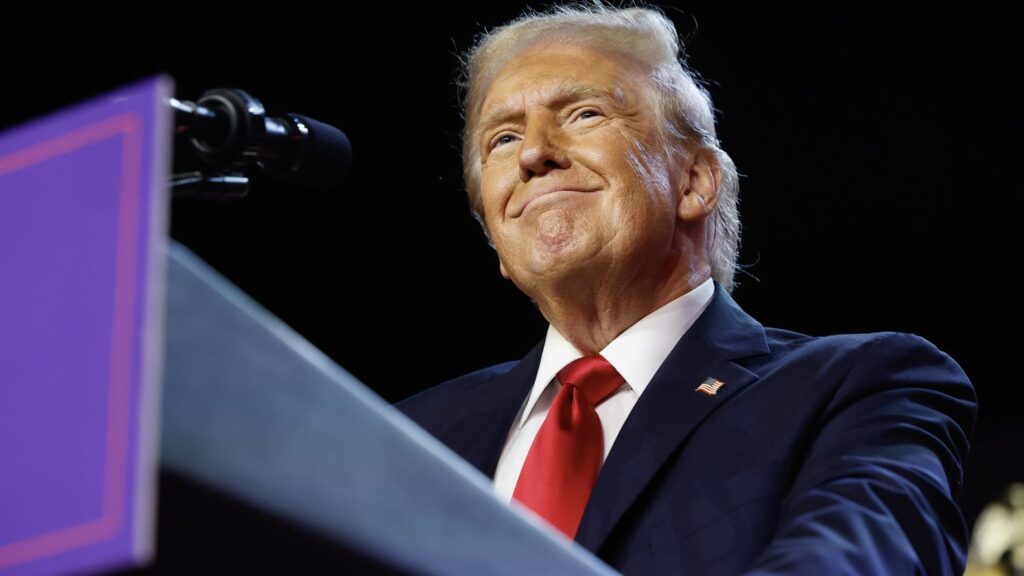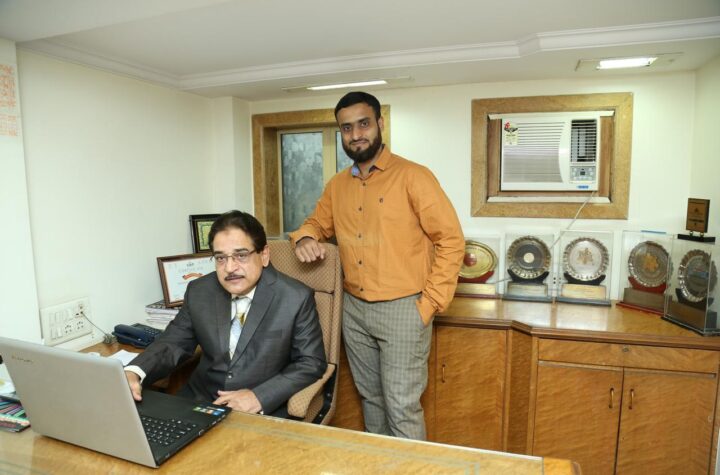President Donald Trump has announced that the United States will double its tariffs on steel and aluminium imports, raising the rate from 25% to 50% starting Wednesday. The move, he said, is aimed at revitalizing domestic steel production, reducing dependency on foreign suppliers—particularly China—and bolstering national security.
Speaking at a rally in Pittsburgh, Pennsylvania, Trump told a crowd of steelworkers that the measure would protect American jobs and strengthen the country’s industrial backbone.
“We are once again going to put Pennsylvania steel into the backbone of America, like never before,” Trump said. “At 50%, they can no longer get over the fence.”
A Major Investment and a Promised Bonus
Trump also touted a new $14 billion investment into the region’s steel industry, reportedly stemming from a partnership between U.S. Steel and Japan’s Nippon Steel. Though he acknowledged he had not yet reviewed or approved the final deal, Trump claimed the partnership would result in no layoffs, no outsourcing, and a $5,000 bonus for every U.S. steelworker.
“There will be no layoffs and no outsourcing whatsoever,” he declared. “Every U.S. steelworker will soon receive a well-deserved $5,000 bonus.”
However, details of the deal remain unclear. The White House later said the agreement would ensure American ownership of U.S. Steel operations, place U.S. citizens in leadership roles, and provide the government with veto power over future production cuts.
U.S. Steel and Nippon had previously announced a $15 billion acquisition plan in December 2023, which President Joe Biden blocked, citing national security concerns.
Union Support and Local Reaction
The new investment was welcomed by many in attendance, including local United Steelworkers union member and Washington, P,A mayor JoJo Burgess.
“It’s a good day for steelworkers,” Burgess told the BBC, noting his past earnings under Trump’s earlier tariffs. Though a long-time Democratic voter, he said: “I’m never going to disagree with something that levels the playing field for American manufacturing.”
Still, concerns linger over how the partnership will affect union contracts and long-term job security.
Global Implications and Legal Battles
Trump’s tariff hike is the latest in his aggressive trade policy, reigniting tensions with global partners. The move comes amid ongoing legal challenges to the broader tariff framework introduced during his first term, though the steel and aluminium duties remain untouched by recent court rulings.
Critics argue that Trump’s tariffs have disrupted global trade, strained alliances, and contributed to economic instability. China, the world’s largest steel producer, quickly pushed back against the latest development.
Trump accused China of violating a recent tariff truce reached during Geneva talks, alleging they failed to remove non-tariff trade barriers. Beijing, in response, denied the claims and urged the U.S. to “cease discriminatory restrictions.”
Geopolitical Stakes
Trump linked domestic steel production directly to national defense, questioning the country’s ability to rely on foreign suppliers in times of crisis.
“If you don’t have steel, you don’t have a country,” Trump said. “What are we going to do—say, ‘Let’s go to China to get our steel for army tanks’?”
He also reiterated his opposition to foreign takeovers of American companies, having previously promised to “block instantly” any such attempt involving U.S. Steel.
What’s Next?
The coming weeks will test both the economic and political impact of the tariff hike. The U.S. government is expected to release further details about the Nippon Steel partnership, including the ownership structure and long-term governance of U.S. Steel operations.
As the 2024 presidential race heats up, Trump appears poised to place steel and trade policy at the center of his economic agenda, again casting himself as the defender of American manufacturing.











More Stories
Trump urges House Republicans to back release of Epstein files
Government Weighs Financial Support for Jaguar Land Rover Suppliers Amid Cyber-Attack Fallout
Trump Moves to Oust Fed Governor Lisa Cook, Sparking Legal and Market Turmoil